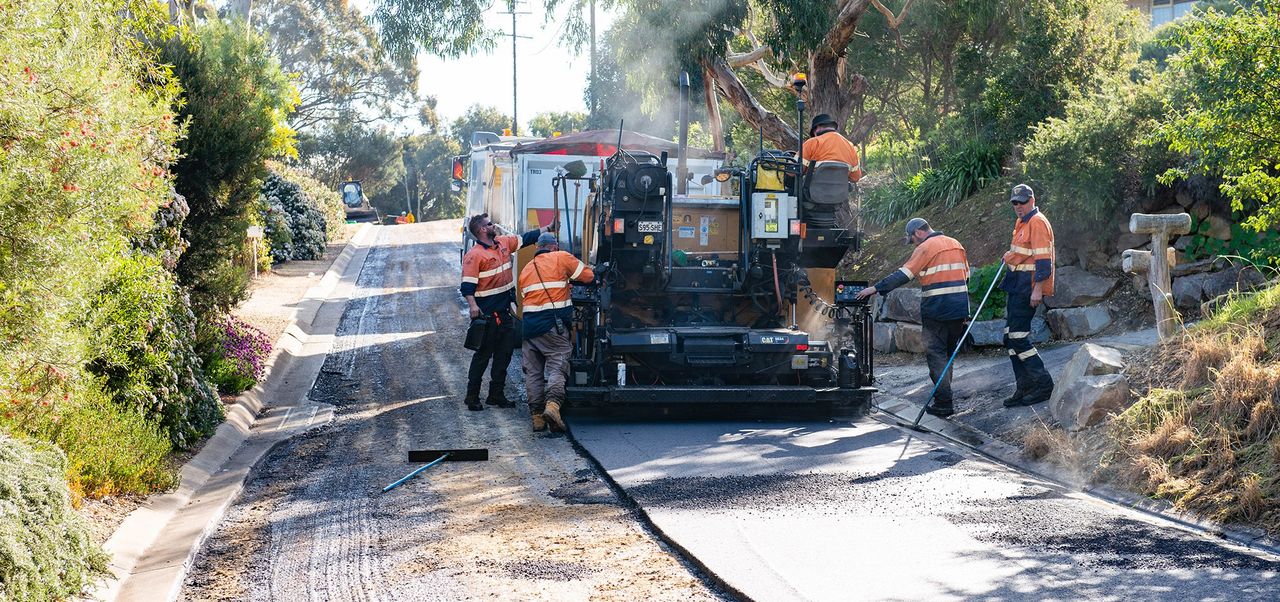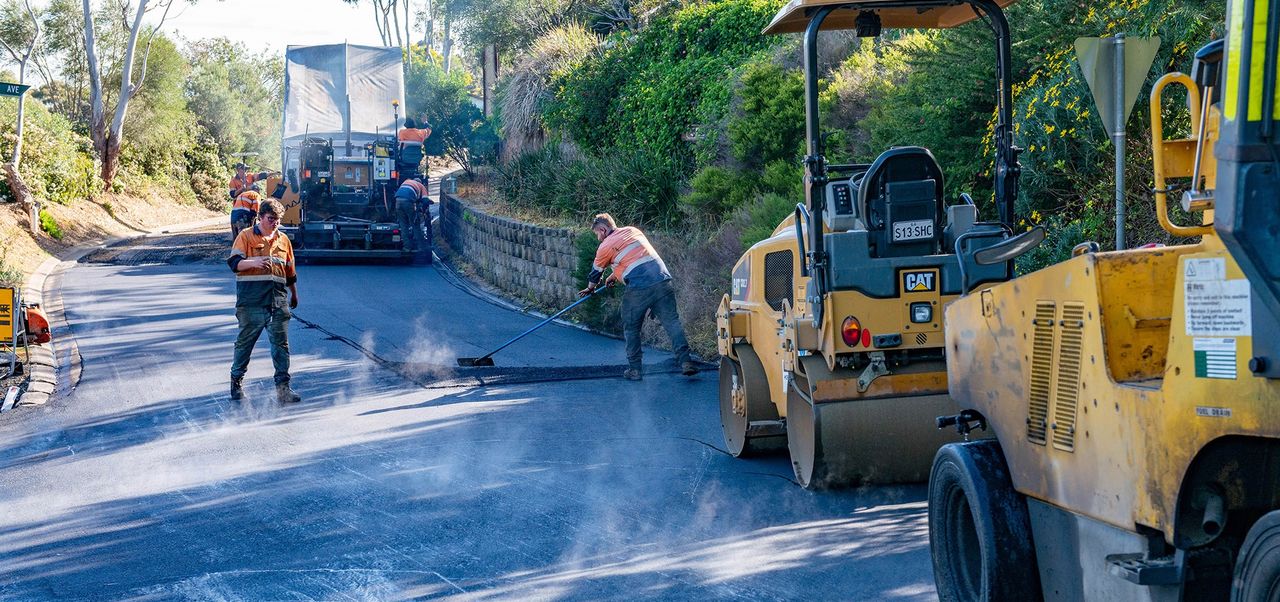There are two main road types in the Adelaide Hills Council region:
- Council owned and managed roads; and
- Main arterial roads under the care and control of the Department for Infrastructure and Transport (DIT).
Council is only authorised to install or modify signage on Council roads. For requests regarding signage on main arterial roads please contact DIT.
For businesses looking to install street signs for directing potential customers to their premises, please contact our Planning Department.
Road signs
Speed limit signage
The Department for Infrastructure and Transport (DIT) is the only authority with the legislative power to set and change speed limits on any road. Council has no jurisdiction for setting/changing speed limits on Council roads. DIT's Speed Limit Guideline for South Australia provides information for applying speed limits to make road related areas safer for all users.
Installation of new speed limit signs must be approved by DIT as the responsible authority.
Speed limit signs are typically displayed on main roads entering townships to signal the transition to a new speed zone.
If you believe a speed limit sign is missing or is required, please contact Council. Any request must include the following:
- your name, address and contact details
- location of road and required sign
- why the sign is required and the observations.
Speed limit reviews
The Speed Limit Guideline developed by DIT, sets out the process for Council in reviewing and approving speed limit change requests. Detailed information on the process can be found in sections 2.5.2 and 2.5.3.
Following DIT's guideline, if Council requests a speed limit review by DIT, Council will perform a formal assessment on the road against a number of criteria, including:
- Traffic counts and function of road
- Average speeds (based on traffic surveys)
- Level of development and access points onto the road
- Roadside hazards and number of crashes in past five years.
If the road meets the criteria for further review, it will be forwarded to DIT to request a review, which undertakes a further review.
Speeding motorists/hoon driving
Council has no enforcement authority against illegal driving, such as speeding and hoon drivers. If you are witnessing dangerous driving in your area such as speeding or hoon driving behaviour, please report this to the South Australian Police by calling 131 444.
Business Street Signs
Business street signs are for businesses or schools to provide directions to their location. Private businesses are permitted up to two (2) signs for directional purposed. The current cost per sign is on the application form. For businesses looking to install street signs for directing potential customers to their premises, please contact our Planning Department.
Street lighting
Existing street lighting
The majority of street lighting in the Adelaide Hills Council district is owned and maintained by SA Power Networks. Council pay the annual lighting cost for the running of street lights on Council roads however, replacement and repair of lights is undertaken by SA Power Networks.
Any defects should be reported to SA Power Networks by calling 13 13 66.
Requests for new street lighting
Residents can contact Council for new street lighting requests. Any request is assessed against Council's Street Lighting Policy. Requests must include the following;
- your name, address and contact details
- location of requested street light
- why the light is required
- evidence that the proposed light meets Council's Street Lighting Policy
Council will review the request in line with our Street Lighting Policy. If the request is successful, Council will contact SA Power Networks for detailed assessment and design. Please note this process may take up to six months.
Reflective mirrors
Reflective mirrors are not a supported traffic management device under Australian Standards as they can distort the reflection and distances cannot safely be judged. Adelaide Hills Council does not support the installation of mirrors in the road environment.
Infrastructure requests
Requests for new infrastructure for footpaths, kerbing, stormwater, sealing of roads are individually assessed and considered in Council's annual budget process against criteria including legislative requirements for works, safety risk, Council resolution for the works, and alignment with Council's strategic plans.
If you believe new infrastructure is warranted please contact us.
Requests must include the following
- your name, address and contact details
- location of requested works
- why the works are required and how they meet the criteria above.

